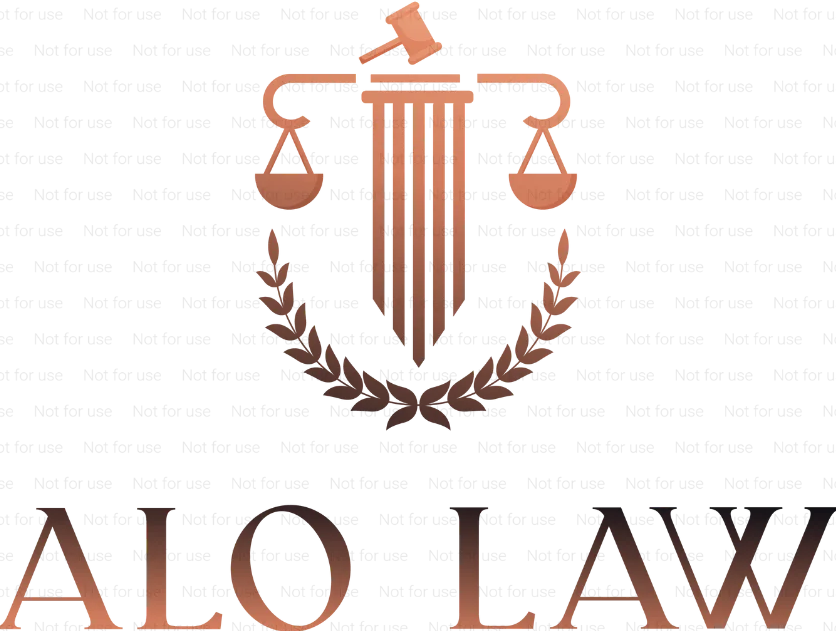When it comes to financial planning, two areas often cause the most stress: tax disputes with the Canada Revenue Agency (CRA) and estate planning. Both are complex, deeply personal, and, if mishandled, can create serious financial and emotional consequences for families.
Many Canadians delay estate planning, assuming it’s something they can “get to later.” Similarly, taxpayers often feel overwhelmed when the CRA reassesses them, and they don’t know how to respond. The reality is that both situations require proactive legal strategies. With the right legal guidance, you can protect your assets, resolve disputes, and leave behind a secure legacy for your loved ones.
Part 1: Understanding Tax Disputes in Canada
Common Types of Tax Disputes
- CRA Reassessments – When the CRA reviews past returns and decides you owe more taxes.
- GST/HST Issues – Businesses often face disputes about sales tax reporting and remittances.
- Deduction or Expense Denials – The CRA may disallow claimed expenses (e.g., home office, business travel).
- Unreported Income Allegations – The CRA sometimes claims income has been underreported.
- Payroll Tax Disputes – Businesses face penalties for errors in payroll deductions.
Why Do Tax Disputes Happen?
- Ambiguous or misinterpreted tax rules.
- Clerical errors in filings.
- Aggressive tax planning strategies challenged by the CRA.
- Increased CRA audits, especially for small businesses and self-employed individuals.
How Legal Support Helps in Tax Court
Many taxpayers try to handle CRA disputes alone but quickly find themselves overwhelmed. A tax lawyer can:
- Review the CRA’s reassessment for accuracy.
- Prepare and file Notices of Objection.
- Negotiate with CRA appeals officers.
- Represent clients at the Tax Court of Canada.
- Seek settlements that minimize penalties and interest.
📌 Example: A Calgary small business was reassessed for $150,000 in “unreported income.” After legal review, it was proven the CRA misapplied reporting rules, reducing the liability by over 80%.
Part 2: Estate Planning – More Than Just a Will
Key Estate Planning Tools
- Will – Directs how assets are distributed after death.
- Enduring Power of Attorney (EPOA) – Appoints someone to manage your finances if you become incapacitated.
- Personal Directive – Provides instructions for medical and personal care decisions.
- Trusts – Useful for asset protection, tax minimization, and caring for dependents.
Complex Estate Planning Needs
- Business Succession – Ensuring smooth transition of family businesses.
- Blended Families – Protecting children from previous marriages.
- Tax Minimization – Planning strategies to reduce estate taxes.
- Asset Protection – Shielding wealth from creditors and lawsuits.


